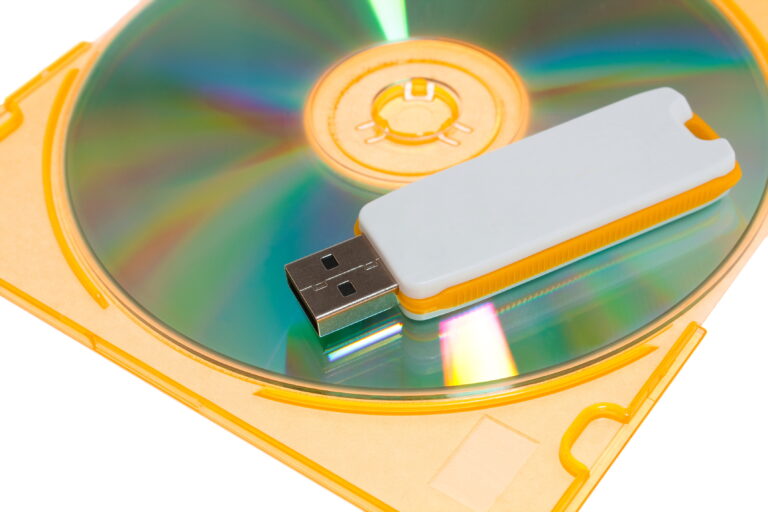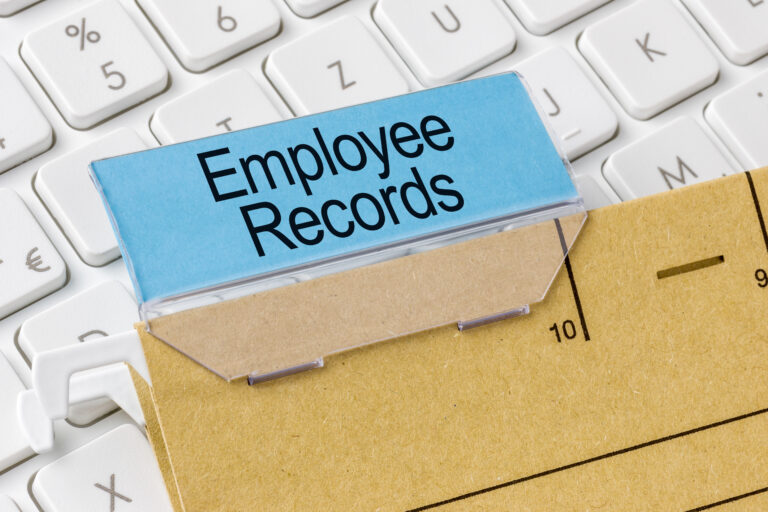Reminding patients of their scheduled appointments with your practice is critical to ensuring appropriate follow up care for the patient as well as limiting missed appointment times that are costly to a practice in many ways.
Appointment reminders are considered part of treatment of an individual and, therefore, can be made without an authorization. However, a practice must include a statement in its Notice of Privacy Practices if it intends to provide appointment reminders.
Notice of Privacy Practices – We recommend adding a simple statement in your Notice of Privacy Practices, such as “we will contact you by phone or other means to remind you of appointments”.
It is also recommended that you have the patient identify a “preferred method of communication” for such information as appointment reminders. This can be accomplished on a demographic form where the patient can fill in a phone number, cell number, or email address that you can use to call, text, or email them. The patient should be able to fill in their preferred contact information (they write their number or email address) and indicate the method of communication (phone call, text message, email). Your form should also provide a checkbox for the patient to opt out of electronic communications.
We are often asked whether postcard appointment reminders are permitted, and they are. However, if a patient submits a request to receive appointment reminders in a closed envelope instead of a postcard, or through some other means altogether, their request should be accommodated.
Placing a statement in your Notice of Privacy Practices and also having the patient write down their preferred method of communication will provide your practice with a clear understanding of how to best communicate with the patient.
Note that your practice should limit information in appointment reminders to confirming the date and time of an appointment, and, if necessary, the location. More sensitive information such as reason for the appointment, diagnosis or other treatment related information should be communicated in a more secure manner (i.e., use of a secure patient portal system).



